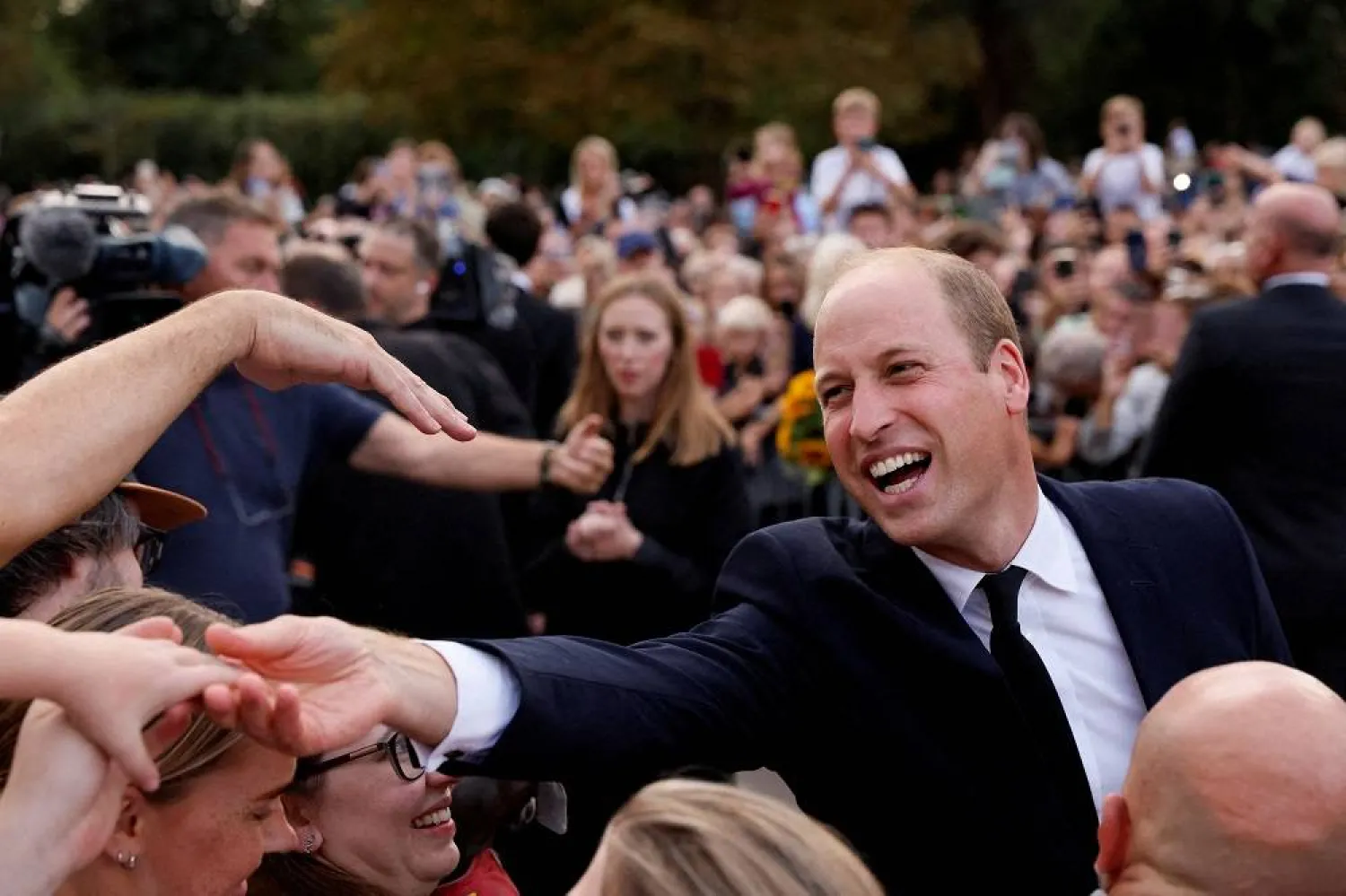With both his father King Charles and his wife Kate absent from public duties as they undergo treatment for cancer, Britain's Prince William has come under the media and public spotlight like never before.
As heir to the throne and as a son of the late Princess Diana, the 41-year-old is accustomed to the scrutiny that comes with being a British royal.
But his father and wife's absence from public life since mid-January has meant even greater attention has turned to the future King William V.
From the moment his grandmother, the late Queen Elizabeth, died in September 2022, he would have been all too aware of the "scary" reality of his destiny, said Anna Whitelock, history of the monarchy professor at London's City University.
"He knows he has to be ready to be king," she told Reuters.
"When (the king's) cancer diagnosis came, of course, I'm sure his first reaction was as a son, concern for his father. But there is also this big weight of responsibility that suddenly starts to kind of descend upon his shoulders. And I'm sure he's very, very aware of that."
William was at the center of some golden years for the royal family in the last decade with public celebrations and outpourings of support at his and Kate's wedding in 2011, the births of their three children, and milestones in the reign of his grandmother Elizabeth.
But the last few years also saw a high-profile fallout with Prince Harry, his younger brother's exit from royal duties along with wife Meghan, and their criticism of the institution. There was also the scandal over his uncle Prince Andrew's friendship with the late sex offender Jeffrey Epstein.
The death of Elizabeth and of her husband Philip the year before left the monarchy looking noticeably smaller, something brought into sharp relief by the current absence of Charles, 75, and Kate.
"He must be absolutely devastated and worried about his wife, about his children and about his father, on top of all the problems he's had with his brother," royal biographer Claudia Joseph said.
"I think it's very tough. But ... he's made of stern stuff. He's very stoic."
WILLIAM WILL 'STEP UP'
That contrasts with the view tabloid newspapers presented of "work-shy" William in 2017. But since then he has taken on more and more royal duties and won praise for championing causes including the environment and mental health.
"I'm sure when the time comes, Prince William will step up to the plate," said Robert Hardman, author of recent biography "Charles III".
"I mean, we saw how in the aftermath of the death of Elizabeth II - the longest lived, longest reigning monarch we've ever had - people thought, how do you follow that? Well, the answer is monarchy gets on with it."
While the role of monarch is meant to be as a non-political head of state, Whitelock said William would find it very difficult to spend his time as king just wearing robes and cutting ribbons. Many people would actually welcome "a more interventionist monarch," she added.
"I think it's going to be really interesting over the next few years to see whether people are ready for that or whether there is a kind of line which he ends up having to be very clear that he doesn't cross."
The prince has not been shy to speak his mind and criticize world leaders over the environment. In February, he voiced concern over the Israel-Hamas war in Gaza, saying too many people had been killed: an unusually direct intervention from a British royal.
"I think the royal family has to modernize and develop as it goes along and it has to stay relevant," William said in 2016, when asked by the BBC about his future as king.
"That's the challenge for me is how do I make the royal family relevant in the next 20 years' time, and it could be 40 years' time, it could be 60 years' time and I have no idea when that's going to be. I hope that's something that I can do."









